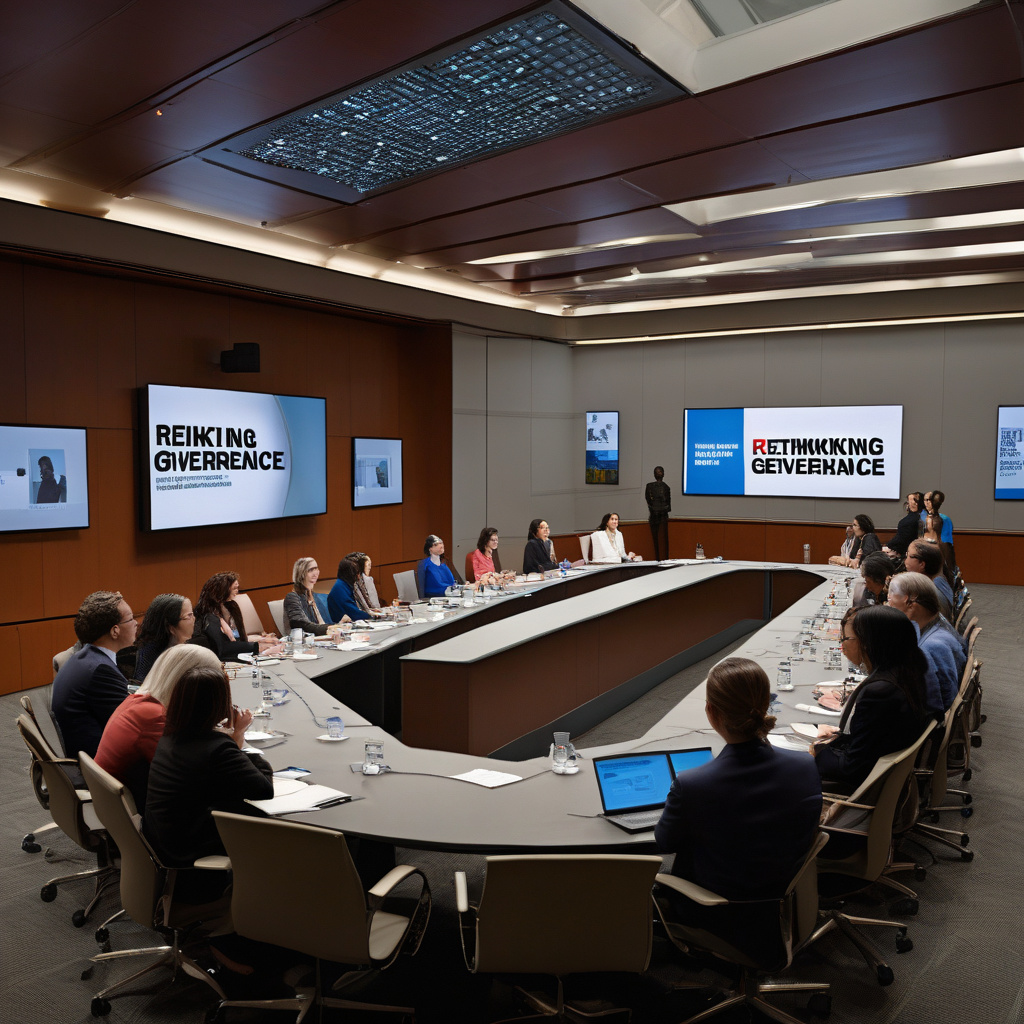Rethinking Internet Governance: Imagining the Internet of 2040 to Fix Broken Models
In a world where digital connectivity is the backbone of our daily lives, the governance of the internet plays a crucial role in shaping our future. Recently, an IGF panel highlighted the urgent need to rethink internet governance amid rising geopolitical tensions. The question on everyone’s mind is: Can imagining the internet of 2040 help us fix the broken governance models of today?
The current landscape of internet governance is fraught with challenges. From concerns about data privacy and cybersecurity to debates over net neutrality and digital rights, the need for a cohesive and inclusive governance framework has never been more pressing. As geopolitical tensions rise and countries assert their sovereignty over the digital realm, the need for a global approach to internet governance is becoming increasingly apparent.
The IGF panel emphasized the importance of looking towards the future to address the shortcomings of the present. By imagining the internet of 2040, we can gain valuable insights into the technologies and trends that will shape our digital world. This foresight is essential for developing governance models that are flexible, adaptive, and able to withstand the challenges of tomorrow.
One key aspect of rethinking internet governance is the need for greater collaboration and multistakeholder involvement. The panel highlighted the importance of including a diverse range of voices in the decision-making process, from governments and tech companies to civil society organizations and individual users. By fostering a more inclusive approach to governance, we can ensure that the internet remains open, secure, and accessible to all.
Another crucial element of reimagining internet governance is the need for transparency and accountability. As the digital landscape continues to evolve, the decisions we make today will have far-reaching implications for the future. By holding stakeholders accountable for their actions and promoting transparency in decision-making processes, we can build a governance framework that is built on trust and integrity.
Furthermore, the panel stressed the importance of addressing the digital divide and ensuring that the benefits of the internet are accessible to all. In an age where connectivity is more important than ever, we must work towards bridging the gap between the connected and the unconnected. By investing in infrastructure, digital literacy programs, and affordable access to the internet, we can create a more equitable digital society for all.
In conclusion, the call to rethink internet governance in the face of rising geopolitical tensions is a timely reminder of the challenges we face in the digital age. By imagining the internet of 2040, we can pave the way for more effective and inclusive governance models that will stand the test of time. It is up to us to seize this opportunity and shape a digital future that is secure, open, and empowering for all.
internet governance, digital future, IGF panel, geopolitical tensions, governance models












